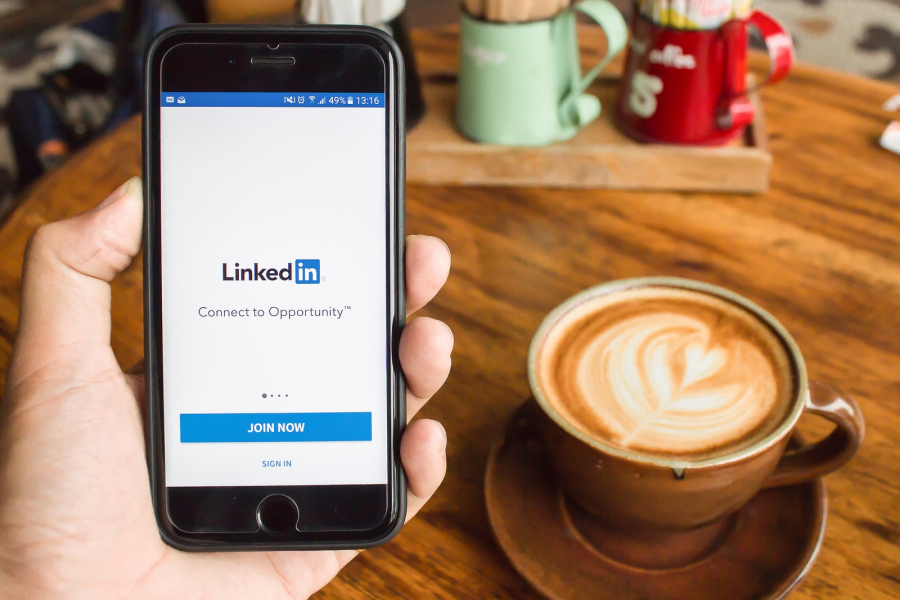Long gone are the days in which the job recruiting process entailed a traditional, "what are your best qualities and why" interview set-up in which candidates rehearse answers to conventional, unimaginative questions weeks in advance. With the dawn of technologies like the world wide web, wireless communication and artificial intelligence systems, the hiring process has undergone a revolution like no other.
Some may argue that mechanizing the hiring process implicitly undermines the human ability to perceive, judge and characterize people- but in fact, it allows for the eradication of personal bias and can ensure that a candidate is chosen solely based on his or her skill, merit and relevant behavioral patterns.
For instance, Candidate Marketing Automation allows organizations to search for jobseekers across sites such as Facebook

This past year, Dutch-British consumer goods giant Unilever
"We were going to campus the same way I was recruited over 20 years ago," Mike Clementi, VP of human resources for North America, said. "Inherently something didn't feel right."
Rather than directing representatives to elite universities, collecting résumés, and arranging follow-up phone interviews for the students that stuck out, Unilever has partnered with digital HR service providers Pymetrics and HireVue to completely digitize the first steps of the process. If candidates pass the AI screening, they then go through an in-person screening that determines if they get the job.
Candidates discover the job opening online through outlets like Facebook or LinkedIn and submit their LinkedIn profiles - no résumé required. They then spend around 20 minutes playing 12 neuroscience-based games on the Pymetrics platform. If their results match the required profiles of certain position, they move on to an interview via HireVue, where they record responses to preset interview questions. The technology analyzes things like key words, intonation, and body language and makes notes on them for the hiring manager. The best part is convenience: this can all be completed on a handheld mobile device.

In India, Global analytics and research company The Smart Cube has launched a new hiring programme called 'Aspire with The Smart Cube'. It aims to "enhance our existing course content and equip participants with the skills they need to join the workforce of the future." This also represents how the mechanization of hiring is a global process, taking form even in countries that aren't completely on par with the technological revolution.
Of course, such a phenomenon also has dire implications for sectors like H.R. which rely on human talent to scope out suitable candidates. Whether the age-old battle between higher efficiency and productivity and preservation of the job market will result in a stalemate, only time will tell.
- http://www.businessinsider.com/unilever-artificial-intelligence-hiring-process-2017-6
- http://www.thecbigroup.com/2016/01/27/what-is-the-future-of-hiring/
- http://economictimes.indiatimes.com/jobs/the-smart-cube-rolls-out-new-hiring-programme-aspire/articleshow/59354675.cms
- http://www.jobscience.com/products-technology/automated-solutions-for-candidate-marketing-the-future/
- http://www.topbots.com/top-10-recruiting-ai-companies-hiring-hr-automation/














